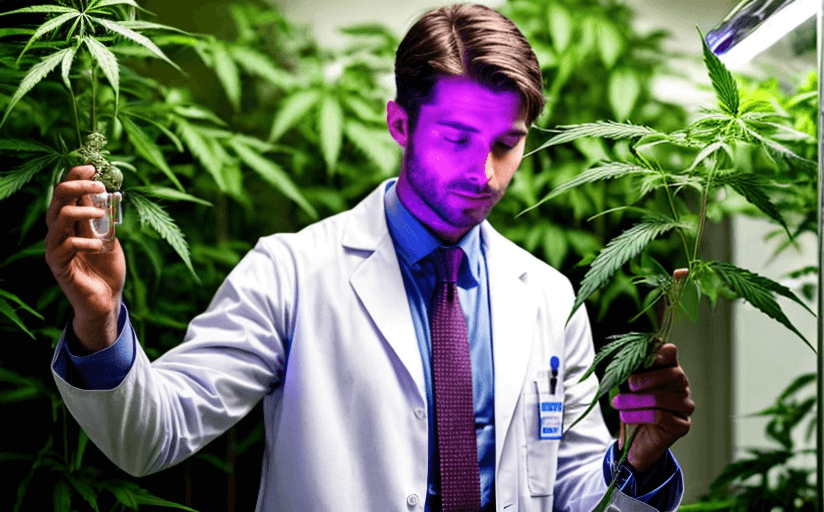Exploring the Legalization and Use of Medicinal Marijuana
Introduction
The journey of medicinal marijuana through history is fraught with controversies colored by numerous misconceptions. Despite facing strong opposition and tides of misunderstandings, medicinal marijuana has consistently found a way to prove its paramount significance in the healthcare industry through scientific backings. This article aims to delve into its historical journey, the current status of its legalization across the globe, and the evidence supporting its medicinal applications.
A Historical Overview
The use of cannabis as a medicinal remedy dates back to Ancient China, when Emperor Shen Neng touted it as a remedy for pain and other conditions. Through trade and exploration, its use spread to many parts of the world. It wasn't until recent centuries that controversy and legal constraints restricted its usage.
Current Legal Status
In today’s world, the legality of medicinal marijuana varies greatly. Countries like Canada and Uruguay have legalized recreational cannabis use, while many U.S. states have implemented laws for medical and recreationally use. However, in many Asian and African countries, the substance still remains significantly illegal.
Scientific Backing
According to numerous research, the therapeutic properties of cannabis can be attributed to the cannabinoids, which include THC and CBD. These substances have been found to significantly alleviate chronic pain, reduce inflammation and neuropathic pain, and also play a vital role in managing the symptoms of many life-threatening diseases.
Controversies and Misunderstandings
Despite these benefits, the medicinal application of marijuana is often shrouded by controversial issues mainly due to its potential for abuse and addiction. Concerns range from user dependency to societal implications like increased crime rates and reduced productivity.
Discussion on Perspectives
It's essential to appreciate that there are valid arguments for and against the legalization of cannabis. Advocates argue that the medicinal benefits and economic boost far outweigh the negatives, citing that controlled distribution could help circumvent the issues of misuse and addiction. Conversely, critics warn against the risks of addiction, mental health problems, and societal issues.
Legal and Ethical Considerations
Key legal and ethical considerations must be addressed in the discussion about legalization of cannabis. Our society must grapple with questions of criminal justice reform, healthcare accessibility, and developing a comprehensive framework for regulation and distribution.
Social, Economic, and Health Implications
The legalization of medical marijuana is not just a health issue but also carries significant social and economic implications. Positive outlooks include increased tax revenue and job creation in the cannabis industry. On a social level, issues of criminal justice reform, the stigma associated with usage, and public safety take center stage. From a health perspective, the potential for misuse and the need for appropriate regulation are key considerations.


















Comments
Leave a Comment